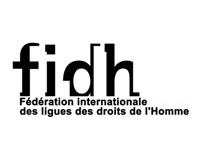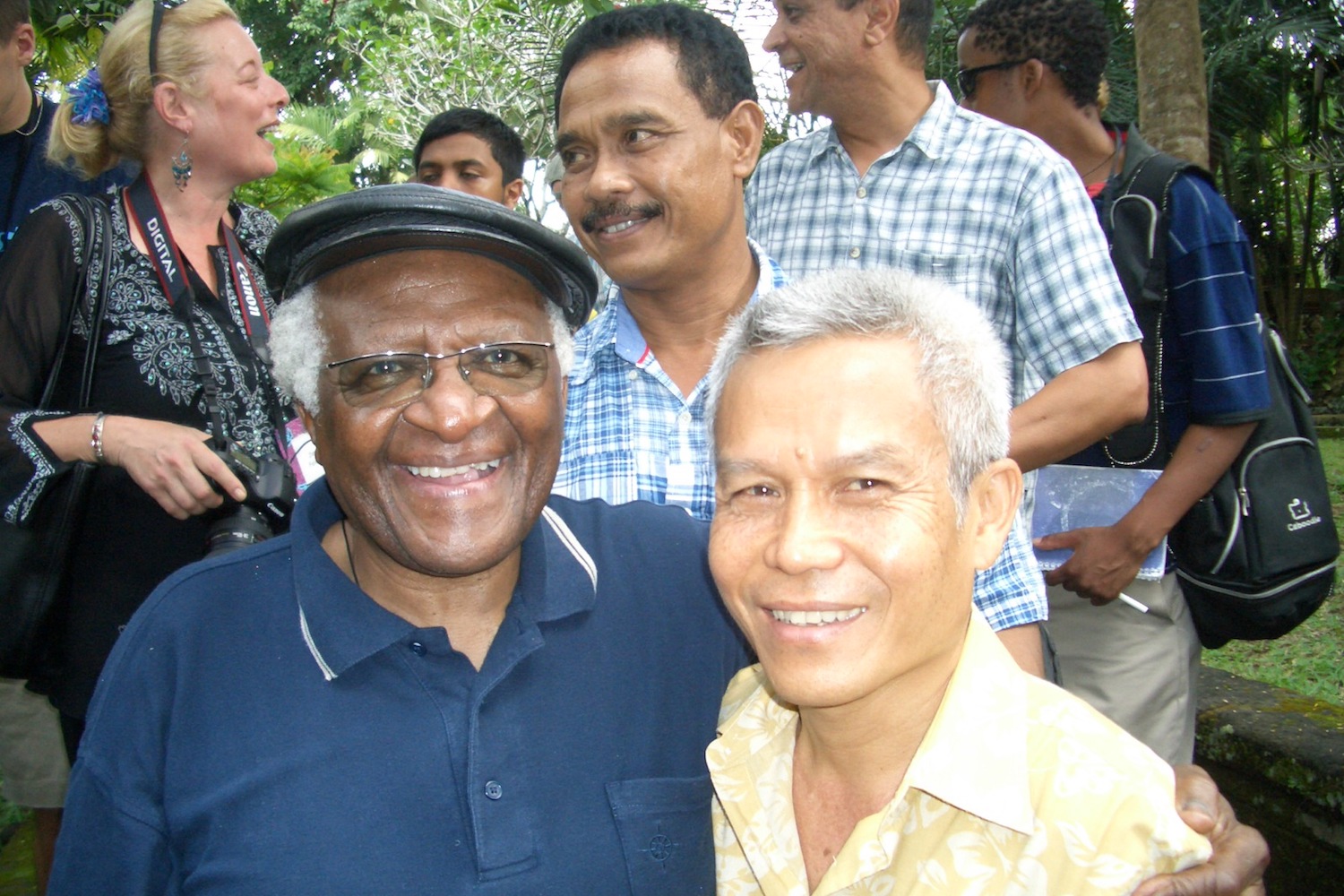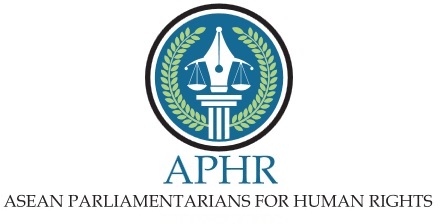“Pouring increasing amounts of aid into Laos while remaining silent on the serious human rights violations taking place in the country just hasn’t worked,” said FIDH President Karim Lahidji. “It’s time for the international community to start applying real political pressure on the government to ensure it addresses human rights issues and undertakes genuine legislative and institutional reforms.”
 Laos accepted 115 of the 145 recommendations made by other countries at its first UPR in May 2010. Despite committing to ratifying or acceding to five key international human rights instruments, Laos has become a party to only one of them – the Convention against Torture and Other Cruel, Inhuman or Degrading Treatment or Punishment.
Laos accepted 115 of the 145 recommendations made by other countries at its first UPR in May 2010. Despite committing to ratifying or acceding to five key international human rights instruments, Laos has become a party to only one of them – the Convention against Torture and Other Cruel, Inhuman or Degrading Treatment or Punishment.
Six years after its signature, Laos has not yet ratified the International Convention for the Protection of All Persons from Enforced Disappearance (ICPPED). In addition, the government has failed to adequately investigate most cases of enforced disappearances. This includes the failure to investigate the disappearance of prominent civil society leader and human rights defender Sombath Somphone on 15 December 2012 in Vientiane.
Laos also pledged cooperation with UN human rights mechanisms. However, in the past five years, the government has neither issued any standing invitation for missions to Laos nor allowed any official visit to the country by the UN special procedures. In addition, five reports to main UN treaty bodies are overdue – one of them by nearly six years.
In stark contrast to its UPR pledges to make progress toward combating trafficking in persons and ensuring the enjoyment of the rights to freedom of expression, freedom of association, and freedom of religion, key indicators point to a lack of improvement in the situation in these areas.
After placing Laos on its ‘Tier 2’ for three consecutive years, in 2014 the US State Department downgraded the country to the “Tier 2 watch list” (the second-lowest tier) for the government’s failure to fully comply with the minimum standards for the elimination of human trafficking.
Laos ranked 168th out of 178 countries surveyed by Reporters Sans Frontières (RSF) in its 2010 Press Freedom Index. In the 2014 Index, it ranked 171th out of 180.
Freedom House has consistently rated the Laos as ‘not free’ in its annual global survey on political rights and civil liberties. Recently-enacted legislation adds to a body of repressive laws that severely restrict the people’s enjoyment of their civil and political rights. Decree 327, adopted on 16 September 2014, contains excessively broad and vaguely-worded provisions that effectively criminalize any online criticism of the government and fall well below international standards on the right to freedom of expression. In addition, the disappearance of Sombath has had a ‘chilling effect’ on civil society in the country. Local organizations are unwilling to speak out against human right violations and to carry out activities for the protection and promotion of human rights because they are afraid of reprisal from the authorities.
The US Commission on International Religious Freedom (USCIRF) has placed Laos on its “watch list” (Tier 2) since 2009. In its 2014 annual report, the USCIRF stated that serious religious freedom abuses continued, particularly in ethnic minority areas, and restrictive laws remained in place.
With regard to land rights, in their joint submission for the UPR, FIDH and LMHR detailed the serious and far-reaching human rights implications of large-scale land leases and concessions granted by the government in recent years. The two organizations also documented the government’s repression of land and environmental rights defenders who worked with communities affected by land concessions and advocated for a more sustainable and all-inclusive form of socio-economic development.
“The Lao government has said that the UPR is the only legitimate process to address human rights at the international level,” said LMHR President Vanida Thepsouvanh.“Regrettably, the government has virtually ignored most of the recommendations it accepted at its first UPR almost five years ago.”
Press contacts
FIDH: Mr. Andrea Giorgetta (English) – Tel: +66 88 611 7722 (Bangkok)
FIDH: Mr. Arthur Manet (French, English, Spanish) – Tel: +33 6 72 28 42 94 (Paris)
FIDH: Ms. Audrey Couprie (French, English, Spanish) – Tel: +33 6 48 05 91 57 (Paris)
 The Lao government must turn words into action and step up the investigation into the enforced disappearance of prominent civil society leader Sombath Somphone and publicly disclose the findings, FIDH and it member organization, the Lao Movement for Human Rights (LMHR), said today. The two organizations made the call to mark 800 days since Sombath’s disappearance on the evening of 15 December 2012 in Vientiane.
The Lao government must turn words into action and step up the investigation into the enforced disappearance of prominent civil society leader Sombath Somphone and publicly disclose the findings, FIDH and it member organization, the Lao Movement for Human Rights (LMHR), said today. The two organizations made the call to mark 800 days since Sombath’s disappearance on the evening of 15 December 2012 in Vientiane. At the second Universal Periodic Review (UPR) of Laos, held in Geneva on 20 January 2015, Lao government representative Phongsavath Boupha said that authorities were “still thoroughly conducting” an investigation into Sombath’s disappearance. Phongsavath also declared that the investigation committee was “ready to receive suggestions from any interested parties with regard to the ongoing investigation.” Despite the Lao government’s claim of an ongoing investigation, Vientiane has failed to provide any update on the probe since 7 June 2013.
At the second Universal Periodic Review (UPR) of Laos, held in Geneva on 20 January 2015, Lao government representative Phongsavath Boupha said that authorities were “still thoroughly conducting” an investigation into Sombath’s disappearance. Phongsavath also declared that the investigation committee was “ready to receive suggestions from any interested parties with regard to the ongoing investigation.” Despite the Lao government’s claim of an ongoing investigation, Vientiane has failed to provide any update on the probe since 7 June 2013.







